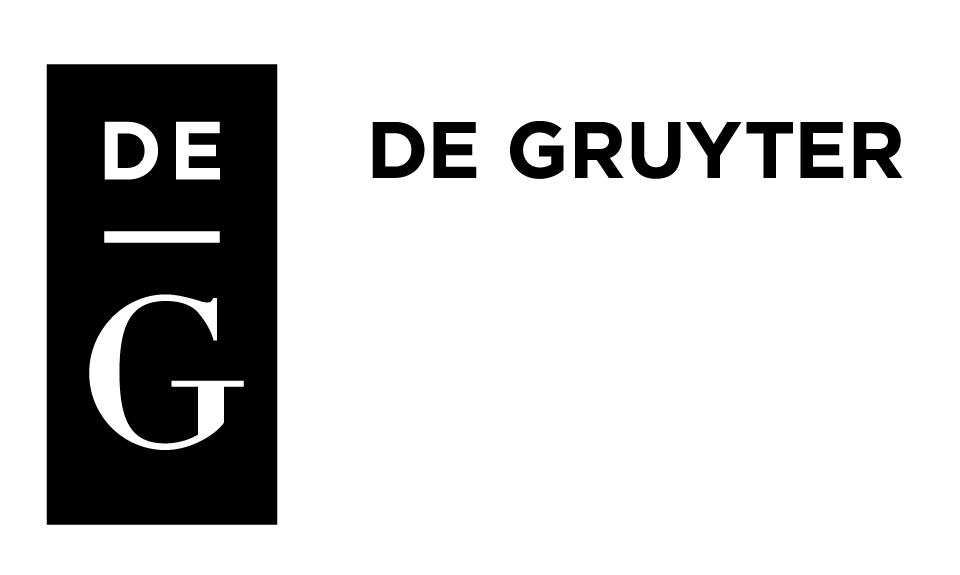Viele deutsche Hochschulen beginnen derzeit, sich mit dem Thema wissenschaftliches Fehlverhalten zu beschäftigen. Zu Recht, denn Plagiieren, Fälschen, Spicken und Abschreiben ist kein Phänomen des digitalen Zeitalters, sondern seit jeher prekärer Beigeschmack im Umfeld von Schule, Lehre und Forschung. Anstatt kurzerhand nach Sanktionslust und Straflaune zu handeln, gilt es langfristig vielmehr, diesen scheinbar aktuellen „Trendsport“ als Chance zu begreifen und zukünftig in punkto akademische Integrität einen grundlegenden Kulturwandel herbeizuführen. Der Aufsatz will verschiedene Akteure an der Schnittstelle zwischen Schule und Hochschule sichtbar machen und impulsgebend wirken - sowohl auf formale als auch auf nicht-formale und informelle Bildungskontexte.
Currently, many German universities are starting to deal with the issue of scientific misconduct, because plagiarism, falsification, cheating and copying is not a phenomenon of the digital age. It has always been precarious in the context of school, lecturing and research. Instead of acting with punishment and sanction, we should see the given circumstances as an opportunity to bring about a fundamental cultural change in terms of academic integrity. This article aims to make visible various actors at the interface between school and university and gives impetus to formal as well as non-formal and informal learning contexts.
De nombreuses universités allemandes commencent à faire face à la question de l’inconduite scientifique. A juste titre, car le plagiat, la falsification, la tricherie et la copie ne sont pas des phénomènes de l’ère numérique, mais ont toujours formé une connotation précaire dans le contexte de l’école, l’enseignement et la recherche. Au lieu d’agir en punissant et en sanctionnant des « sports tendance » très à la mode en ce moment, il serait préférable et opportun d’apporter un changement culturel fondamental et de le considérer comme une « future chance » en termes d’intégrité académique. L’article vise à faire prendre conscience aux différents acteurs, au moment de leur transition entre l’école et l’université, à voir et à donner des impulsions dans les contextes d’apprentissage non seulement formel mais aussi non-formel et informel.
Über den Autor / die Autorin
Nadine Walger, M. A., MA LIS ist wissenschaftliche Mitarbeiterin und Koordinatorin des Informationskompetenz-Projekts inform@FFB der Frankfurter Forschungsbibliothek am Deutschen Institut für Internationale Pädagogische Forschung (DIPF) in Frankfurt am Main. Sie studierte Anglistik und Germanistik in Frankfurt am Main sowie Bibliotheks- und Informationswissenschaften in Köln. Interessenschwerpunkte: Vermittlung von Medien- und Informationskompetenz an Schulen und Hochschulen, wissenschaftliches Publizieren sowie ethische und soziologische Fragen des Bibliotheks- und Informationswesens.
© 2014 by Walter de Gruyter GmbH & Co.


